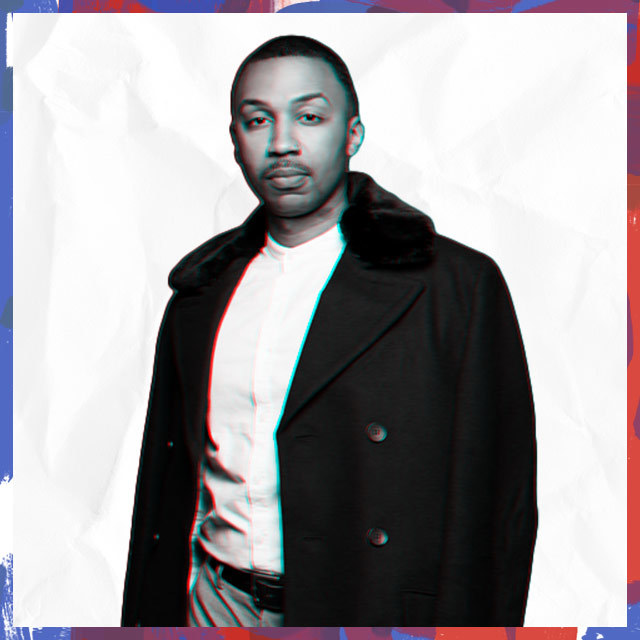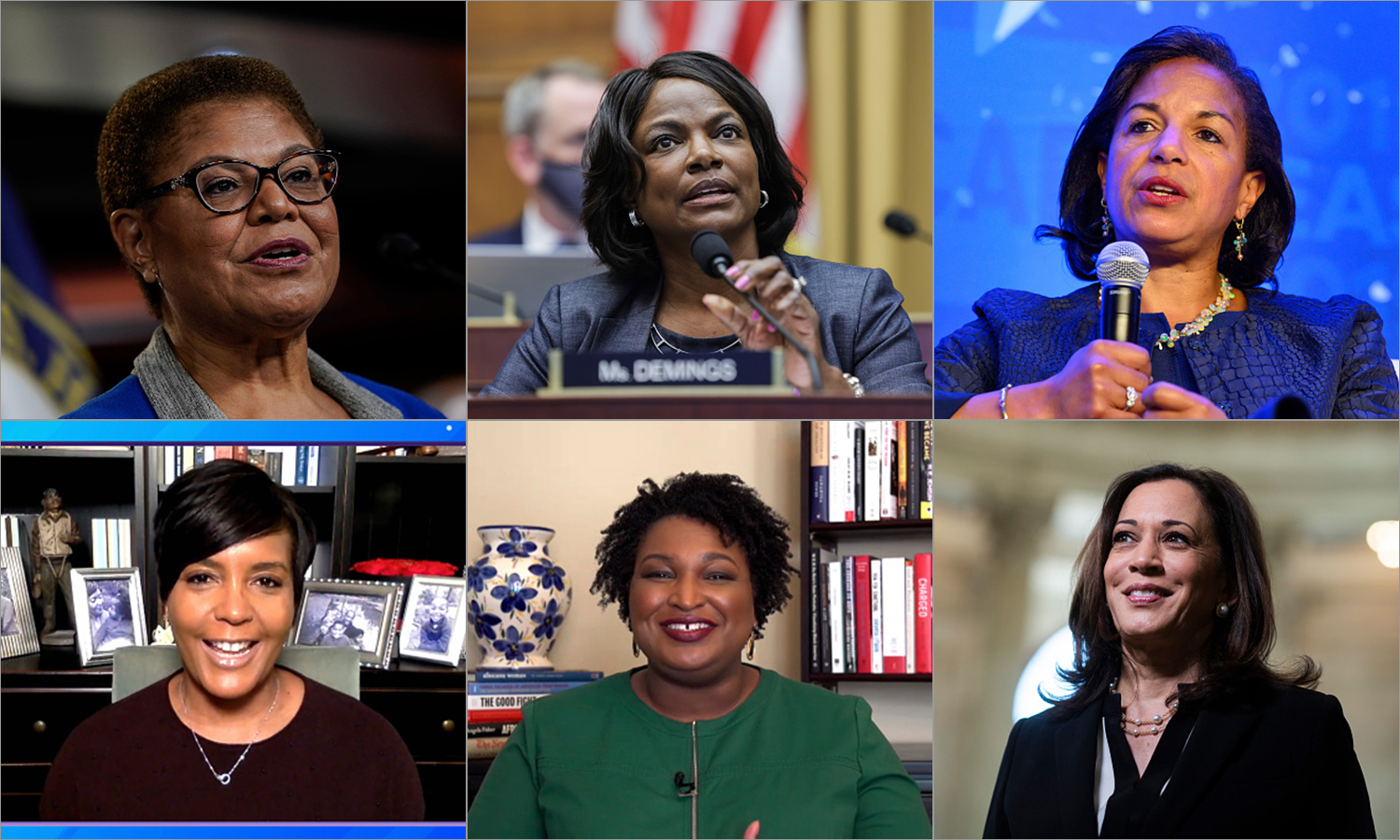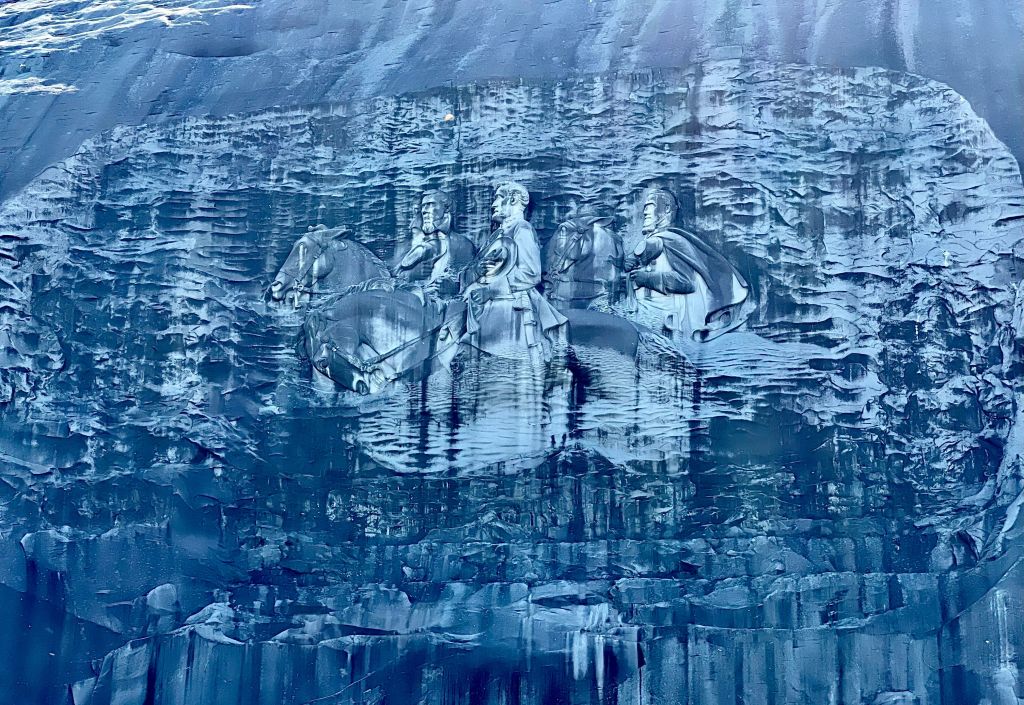How LGBTQ Advocacy For Change Led To Political Activism: George M. Johnson
How LGBTQ Advocacy For Change Led George M. Johnson To Political Activism

Source: George M. Johnson / iOne Digital
I’ve been a lot of people in my 34 years.
I was born in a relatively small city, Plainfield, New Jersey, located about 30 minutes outside of the big lights of Manhattan. Although I had both parents in the home, I was under my grandmother’s thumb during my earlier years and from a very young age she was steadfast about the importance of a few things, namely, Blackness, family, unconditional love and operating from the space of passing along blessings. Those values — her values — became the foundation for my work.
I’m very clear that I walk in my purpose each day as an advocate.
My earliest memories of direct intervention in folks’ lives are during my freshman year in high school. Every Friday evening, my grandmother and I, along with a few other devoted church members, gathered to work on our baby: The Sarah Marsh Missionary Society Soup Kitchen. We’d make lunch and dinner for the “sick and shut-in” members who lived in Plainfield. On Saturday mornings she would pick me up and I’d deliver the soup. I remember a lot from those afternoons. The sounds of the members’ voices. The colliding of scents, perfumes, warm air and savory foods. Still what stuck to me most was what our service meant to the community.
We’d knock on doors, ring bells and even tap on windows to connect with members, and too many would share that they had no visitor’s all week—and our interaction, my Saturday afternoon, became their source of human connection and served a physical need. It was heavy. And I realized then that I could be part of something that had a meaningful impact on a person’s life. Something moved inside of me, and starting back then advocacy just became a key piece of my life. In fact, it was part of the thing that made me feel right, even whole.Having the ability — and finding the resources — to help others just became part of my moral fiber.
As a teen, my work was largely centered around the church. But when I got older and engaged in higher education, I saw that Black queer men were struggling with finances and scholarships. It led me, and a friend, Guy Anthony, to start the non-profit organization Black Gifted and Whole, which provided funding for queer men attending HBCUs. It solidified my ability to help others on more nuanced levels, including financially and emotionally; it also reminded me that the most important space I needed to advocate was in my own day-to-day.
For me, advocacy is about creating space and allowing others to tell their story.
I identify as non-binary and queer. I am also HIV positive. When I talk publicly about my status, it makes it easier for others to neither feel alone nor afraid to disclose and become more comfortable in their truth, so causes surrounding the LGBTQ community and the HIV community are near and dear to my heart. When I speak out against homophobia that affects my life, I am a voice for those without the words or the platform to advocate for themselves. I’ve been seen on BuzzFeed, MSNBC, PBS, AM to DM and multiple other outlets have invited me to tell my story; my communities stories and in turn inform others about those issues and experiences.
My favorite Toni Morrison quote reads, “If there is a book that you want to read and it hasn’t been written yet, you must write it.” I take those words to heart with everything I do. I think about being a young Black queer child with no resources. I think about just being a Black person in America with no stories that look like me and no characters that look like me and no one to share my experience. That led to writing, “All Boys Aren’t Blue”, a recently released young adult memoir to create that space. For me, advocacy is about creating space for the story; all stories.
My focus on change has made politics and political activism a big priority for my 2020. Many of us have become even more enraged and disenfranchised by the current two-party system, and are ready to push against the status quo. The election gives us a chance to create the change we want but that’s not my only focus—I’m also concerned about political education. Voting has been sold as THE top priority for many, rather than a tool in a toolbox of ways we can effect change in politics, systems, and eradicate the things which oppress us. It’s not enough. Voting is not the end, but simply the beginning of the work. Many don’t understand how our political systems work and only focus on the presidency. My goal is to share information, such as the impact local and state officials have on our day-to-day, and the control voters can wield in those election spaces.
As we continue to embark into unchartered territory with the coronavirus pandemic, people are now seeing first-hand how politics work. It is not about choosing a side in a system that is divided. It is about what accountability looks like for those who we elect to be our voice and advocate for us on local, state and federal levels. It is about the education to know what power you have after your vote has been cast and your officials fail at their job. It is not simply just voting people in and out until we find the right person. It is about understanding that our politics have to be bigger than voting in a system that has only seen our worth as a vote.
As Black folk, it is important to know that we have always been at the forefront of change. Our resistance to racism, anti-blackness and systems of oppression have been the catalyst to moving this country forward. It will be that resistance that continues to move any Black agenda ahead. An agenda that must include all of us, especially those of us from communities that face additional marginalization.
We can no longer be okay with voting for the lesser of evils, and we won’t. Creating the change we need takes work, and that’s why advocacy is my life.
George M. Johnson is an award-winning journalist, consultant and activist. He’s the author of the indie, best-selling memoir “All Boys Aren’t Blue”. Follow in on Twitter @IAmGMJohson.
SEE ALSO:
The Black Ballot: Where Politics And Culture Collide
Black People And Legal Gun Ownership: Oppression At Its Best


















